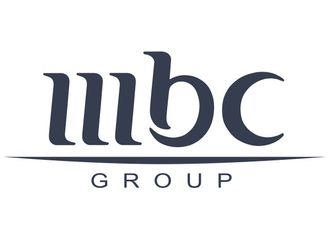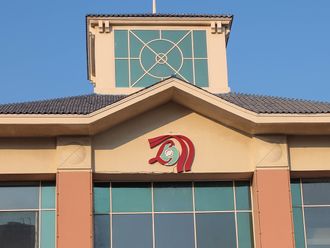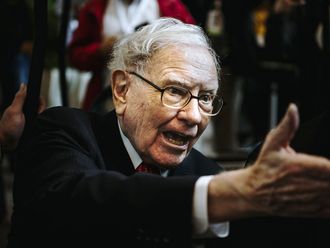
The world of work is shifting to a more personalized and positive experience. In a series of surveys and polls, it is now clear that over half of employees are ready to leave their jobs if their working environment fails to meet their expectations.
If professionals are not appropriately remunerated, do not have opportunities for advancement, or feel disrespected, they are ready to walk out the door. Interestingly, the pandemic and its long-term effect changed what ‘a sense of respect’ means to professionals who actively seek out a positive work culture that honours their wellbeing as humans.
We have seen major shifts in some companies that are making efforts to meet the raised expectations of their current talent and candidates. Still, there are companies and HR leaders who have only learned to say the right words, thanks to their communications consultant. Sadly, they are yet to realize that damage will be done to employer branding when the company culture is regarded as toxic by today’s updated standards.
In addition to this, when the expectations of professionals’ clash with company plans, there is a tension that will result in a long-term loss for the business, especially if the business relies on talent.
That loss might just cost you the very talent you rely on to sustain and grow your business. In a study by University of Melbourne, the researchers found that when there is a cynical workplace climate, high-performance work systems do not reduce voluntary collective turnover. A cynical workplace climate is where employees are distrustful of the management’s motives.
That suggests that this is not simply about being at the office or not being at the office; this is not about allowing professionals to start work at 8am or 9am; and this is not about a 4- or 5-day workweek. The new demands on the workplace are about wellbeing and respect of the individuals and collective.
This is about enabling choice so that appropriate decisions can be made about when, where, and how a professional works. The decision should consider the individual and the organizational needs in a balanced way so that both can perform in a healthy and sustainable manner.
So, what does this mean for employers and the new generation of self-aware candidates?
- First, realize that the best talent you need is not willing to simply follow seemingly random rules and regulations just because that is how it was done previously. We now live in a world where are watches track our healthy habits and beep at us if we are sitting for too long.
- Second, know that the talent you want is intelligent and insightful. This means that if you only pay lip-service to being a purpose-driven organization and do not have policies in place that reflect respect for individuals, you are cultivating a cynical work climate. This will hinder your organizational performance goals and will be the reason why your brand equity as an employer declines.
- Third, the newer generation is more demanding of a healthy working environment. That is a good thing. Make it work for you.
With the pandemic and a rapid technological advancement, the workplace has changed. People who work are learning to prioritize their health and wellbeing like never before – again, this is a good thing. While workers have always valued benefits at work, the last two years has altered the way work life balance is valued entirely.
Jobseekers are enjoying greater negotiating power now with a growing imbalance in the talent market for suitable candidates. Today, employers will need to rethink how they measure productivity and prioritize on the value their team delivers, and not the volume per unit of time.
This awareness should be coupled with realizing that personal freedoms to work when, where, and how best suits your talent is becoming an asset of talented teams, not workforce liability for HR managers.
Forward-thinking companies will acknowledge this new shift in power dynamics, and take measures to end cynical workplace climate by designing people-centric experiences that give employees the space they need to unlock their full potential and deliver positive transformative results that promote business growth.









